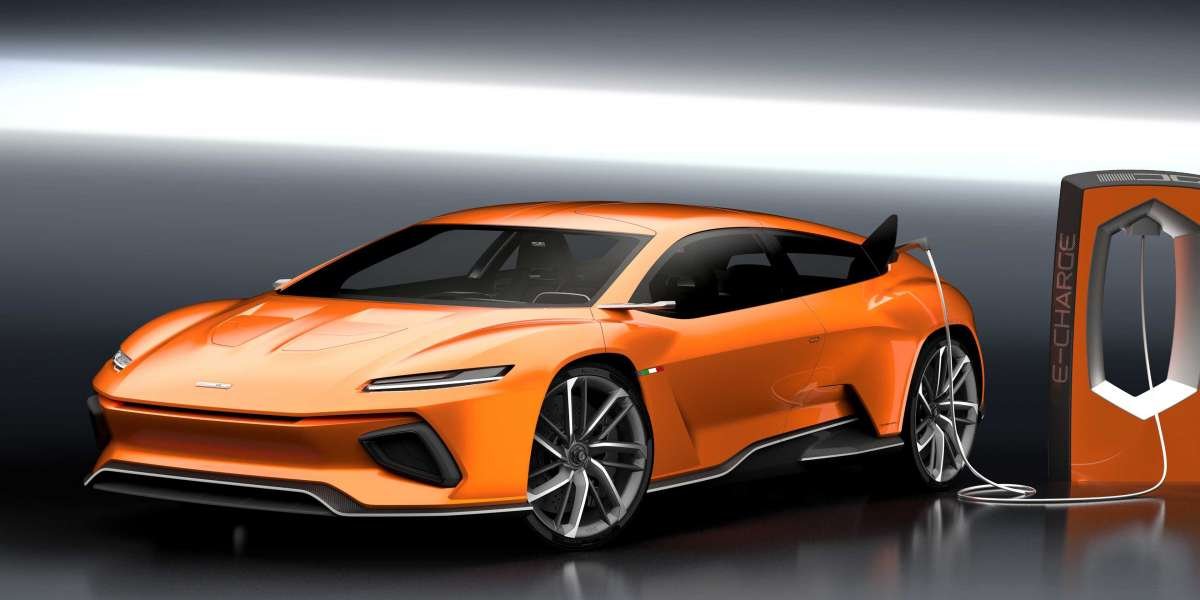Solar power systems offer homeowners a sustainable and cost-effective alternative to traditional grid electricity, allowing them to generate clean, renewable energy directly from the sun. In recent years, advancements in technology and falling prices have made Solar power systems for homes than ever before. This article provides a comprehensive guide to solar power systems for homes, covering everything from how they work to their benefits and installation considerations.
Understanding Solar Power Systems
Solar power systems, also known as photovoltaic (PV) systems, harness sunlight and convert it into electricity using solar panels. These systems typically consist of several components:
Solar Panels: Solar panels, made up of photovoltaic cells, capture sunlight and convert it into direct current (DC) electricity.
Inverter: The inverter converts the DC electricity generated by the solar panels into alternating current (AC) electricity, which is compatible with household appliances and the electric grid.
Mounting System: Mounting systems securely attach solar panels to the roof or ground, allowing them to capture sunlight at the optimal angle for maximum energy production.
Monitoring System: Monitoring systems track the performance of the solar power system, providing real-time data on energy production and system health.
Benefits of Solar Power Systems for Homes
Cost Savings: Solar power systems can significantly reduce or even eliminate electricity bills, as homeowners generate their electricity from the sun's free and abundant energy source.
Environmental Sustainability: Solar power systems produce clean, renewable energy, reducing reliance on fossil fuels and lowering carbon emissions associated with electricity generation.
Energy Independence: By generating their electricity onsite, homeowners can become less reliant on the grid and protect themselves against rising energy costs and power outages.
Increased Property Value: Homes equipped with solar power systems often command higher resale values and sell more quickly than comparable properties without solar.
Incentives and Rebates: Many governments offer financial incentives, tax credits, and rebates to encourage the adoption of solar power systems, making them more affordable for homeowners.
Installation Considerations
Before installing a solar power system, homeowners should consider the following factors:
Roof Suitability: Assess the orientation, tilt, and shading of your roof to determine its suitability for solar panel installation. Ideally, the roof should receive ample sunlight throughout the day without significant shading from nearby trees or structures.
Energy Needs: Evaluate your household's energy needs and consumption patterns to determine the size and capacity of the solar power system required to meet your electricity demand.
Regulatory Requirements: Familiarize yourself with local regulations, building codes, and permitting requirements for solar panel installation in your area. Obtain necessary permits and approvals before proceeding with the installation.
Financing Options: Explore financing options such as solar loans, leases, or power purchase agreements (PPAs) to help cover the upfront costs of solar panel installation. Consider the long-term savings and return on investment (ROI) when choosing a financing option.
Professional Installation: Hire a reputable solar installer with experience in designing and installing solar power systems for homes. Ensure that the installer is licensed, insured, and certified by relevant industry organizations.
Conclusion
Solar power systems offer homeowners a sustainable, cost-effective, and environmentally friendly way to generate electricity and reduce reliance on traditional grid power. By harnessing the sun's abundant energy, homeowners can enjoy long-term cost savings, energy independence, and a reduced carbon footprint. With careful planning, professional installation, and ongoing monitoring, solar power systems can provide clean and reliable energy for homes for many years to come. Embrace the power of the sun and join the growing movement towards a more sustainable energy future.













